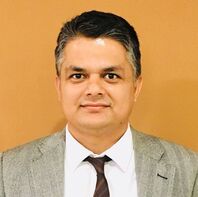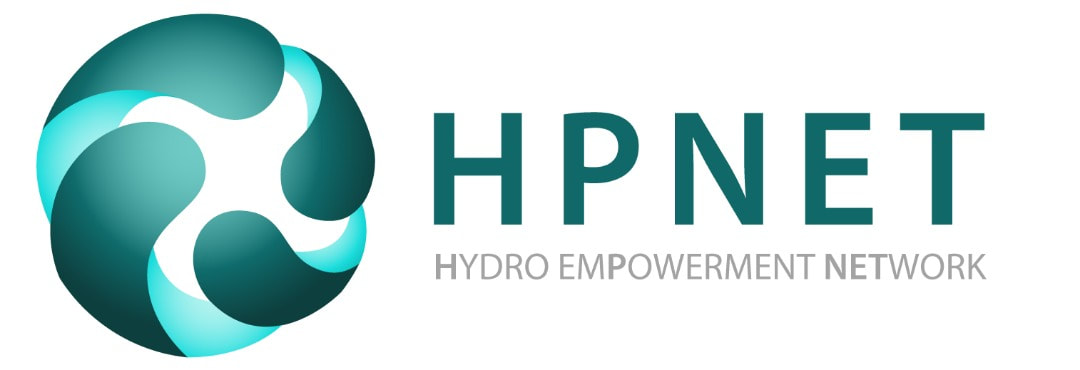MINI-GRID FINANCING: ENABLING THE ROLE OF LOCAL BANKS
DATE: FRIDAY, JUNE 28, 2019
TIME: 9AM EDT / 3PM CEST / 6:30 PM IST
REGISTER HERE
While these financial viability and socio-economic impact aspects of hydro mini-grids make them conducive to soft loans, impact investment and other types of debt/equity, access to financing is a severe challenge for local, small-scale hydro practitioners across the global south. International financiers find it difficult to lend to projects located in very remote areas, which is often the case with local micro and mini hydropower. Therefore, local practitioners increasingly seek financing from local banks and other local financiers, who tend to be more accessible to local practitioners and amenable for dialogue that helps to clarify the local context and risks. Local banks that lend to rural areas can particularly be more open to lending to mini-grids for energy access.
However, in most cases local banks have little or no experience in lending to mini-grids. They lack basic skills for project appraisal and servicing loans. In addition, most countries lack banking regulations that would allow the loan tenures required for mini-grid pay-back periods, e.g. 7-10 years. Collateral and interest rates are also critical obstacles for enabling local bank financing. In some cases local banks do not have adequate capital funds for lending. On the other hand, local developers also need skills building in developing the required documentation and data required to access local bank loans.
In spite of these challenges, experience in South and Southeast Asia shows that local banks can be empowered to play a critical role in accelerating sustainable hydro mini-grids by lending to local practitioners.
- Why and how local banks are critical to replication of sustainable hydro mini-grids
- Incentives for local banks in lending to hydro mini-grids and local developers
- How local banks can build internal capacity to lend to mini-grids
- How local developers can develop the necessary skills to access local bank financing
- How banking regulatory challenges can be overcome
- Roles of government and donors help to accelerate the process of enabling local bank financing.
Presentations will be followed by a Q/A session open to all participants. Learn more about our 2019 Mini-Grid Webinar Series, hosted by WISIONS and energypedia here!

NMB Bank Ltd.
Mr. Dinesh Dulal has completed Master’s Degree in Management and Bachelor’s Degree in Law. He has spent almost 18 years in banking sector, out of which he has spent more than 10 years in renewable energy financing. Currently, he is the Department Head of Energy and Development Organization Department at NMB Bank Ltd., Kathmandu, Nepal. He has played an instrumental role in renewable energy financing including micro hydro project financing.

DFCC Bank PLC
Mr Kapila Subasinghe is Vice President (Specialized Project Lending)/Head of Consulting, DFCC Bank and former Project Director of the World Bank and Global Environment Facility funded Renewable Energy for Rural Economic Development (RERED) Project of the Government of Sri Lanka. Mr Subasinghe has 25 years of experience in project management and lending. At DFCC Bank he has served both in SME and Corporate sectors, specializing in project financing including lending to off-grid and grid-connected renewable energy sectors. Further he has served in the Project Management Department managing national level credit lines to Sri Lanka from multilateral agencies. At present he serves as Manager, Project Implementation Unit of the ADB funded Rooftop Solar Power Generation Project of the Government of Sri Lanka. He has been a resource person to many local and international renewable energy forums, including for delegations to Sri Lanka from Asia and Africa to study the Sri Lankan renewable energy model. Mr Subasinghe holds a degree in civil engineering from University of Moratuwa, Sri Lanka and is a Fellow Member of the Chartered Institute of Management Accountants, UK.

Ms. Margarita Manzo is an energy finance specialist and has a background in both early-stage financing as well as corporate and project finance for utility scale projects in Southeast Asia, East Africa, and Sri Lanka. Having worked at an impact fund, an investment bank, a large developer, and a start-up, she has seen the various issues companies and projects face to get funded. She is driven by a passion for getting projects off the ground and would like to see great startups focus less on fundraising and focus more on execution. She is currently developing a data-driven platform to connect investment-ready early stage energy companies with potential funders. Margarita was most recently the Senior Investment Manager at Nexus for Development, where she managed Nexus’s portfolio of funds dedicated to supporting Asian energy, water, and sanitation enterprises serving underserved populations. She continues to serves as a consultant to the Nexus team. Margarita holds an MBA degree and an Energy & Finance Certificate from HEC Paris and a Bachelor’s Degree in Management Engineering from Ateneo de Manila University.

energypedia
Ranisha has more than 5 years of experience in knowledge management in the off-grid sector. She has worked with many national and international organizations to develop different knowledge products (webinars, database and knowledge portals) and also designed campaigns to raise awareness about the trending off-grid energy topics. Currently, she is writing her master thesis on “ Gender and Renewable Energy Mini Grids” and is attending the master program, Renewable Energy Engineering and Management at the University of Freiburg, Germany.
